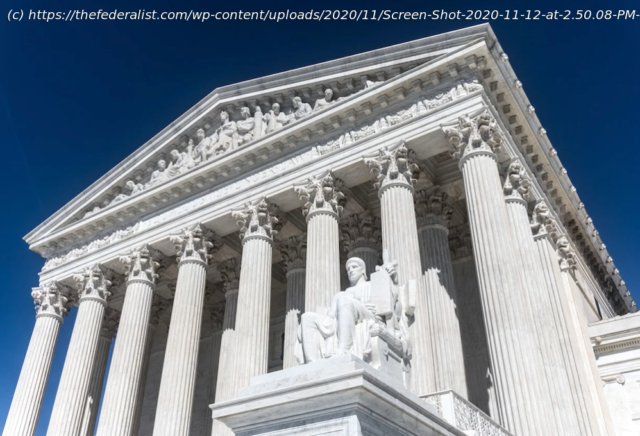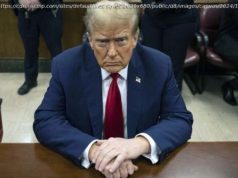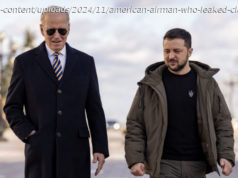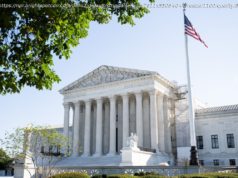A closer look at the Trump lawsuit in Pennsylvania reveals that numerous claims of voter fraud aren’t really the core claims of the case.
As arguments about voter fraud have escalated across the country, it’s time to recognize that despite what an unmitigated disaster widespread expansion of absentee balloting has been, concerns about its abuse aren’t the most important argument in the ongoing fight over the legitimacy of this election. Sure, the media and Big Tech’s widespread white-washing and censoring of very real voter fraud concerns are damaging to the social fabric in existential ways, just as ignoring norms (and in some cases laws) requiring transparency destroys public trust and confidence in the outcome. The Pennsylvania lawsuit isn’t yet proof that election-altering fraud occurred, although it does present compelling evidence that if proved shatters the media narrative on election security. A closer look at the allegations of direct fraud weighed against the likelihood of proving that enough occurred to alter the outcome — on a shortened timeline — reveals a daunting task for the president’s legal team. President Trump’s lawyers, however, aren’t making the same argument as your uncle on Facebook; they’re playing for keeps. Some Republicans have been content to publicly call for the “process to play out” while privately predicting losses or maybe a few favorable rulings on some esoteric technicalities. But the president is not tired of winning yet. Shortly after the filing, Jenna Ellis, a senior legal adviser to the Trump campaign, put it succinctly: “Pennsylvania is irredeemably compromised.” The thrust of their legal argument doesn’t hinge on the numbers of fraudulent ballots cast, but on the inconsistent and illegal application of Pennsylvania election law, which dilutes legally cast votes — so-called disparate treatment, from which the U.S. Constitution is supposed to protect us. The other key legal argument is that those changes in the election law, which were implemented by an unelected appointee of Pennsylvania’s executive branch, namely Secretary of the Commonwealth Kathy Boockvar, were an impermissible usurpation of the legislature’s prerogative even if Pennsylvania’s judicial branch approved them. Underlying the president’s legal argument is the recognition that the Pennsylvania legislature implemented an imperfect regime that rationally valued security of the election as more important than avoiding disenfranchising any voters. Even amid a pandemic, the Pennsylvania legislature understood that their expansion of ballot-by-mail increased risks to election security, and thus sought to mitigate that as best they could. It was partisan state courts that unilaterally overrode those determinations in the middle of a presidential campaign in an unconstitutional way. The discussion about what types of fraud, and how much, is important because it goes to the very heart of election integrity, and our system cannot stand without trust in the outcome. That argument, however, won’t decide the Pennsylvania case from a legal standpoint. It will come down to whether a ministerial appointee of Pennsylvania’s executive branch can work with Pennsylvania’s judicial branch to subvert the expressed will of the legislature, and hastily put in place an election process wherein citizens who chose to vote differently had their votes disparately treated. Recall that in 2000, the legal argument that eventually carried the day was equal-protection grounds; by implementing different methods for recounts and different scrutiny for different counties, voters were receiving unequal treatment.






